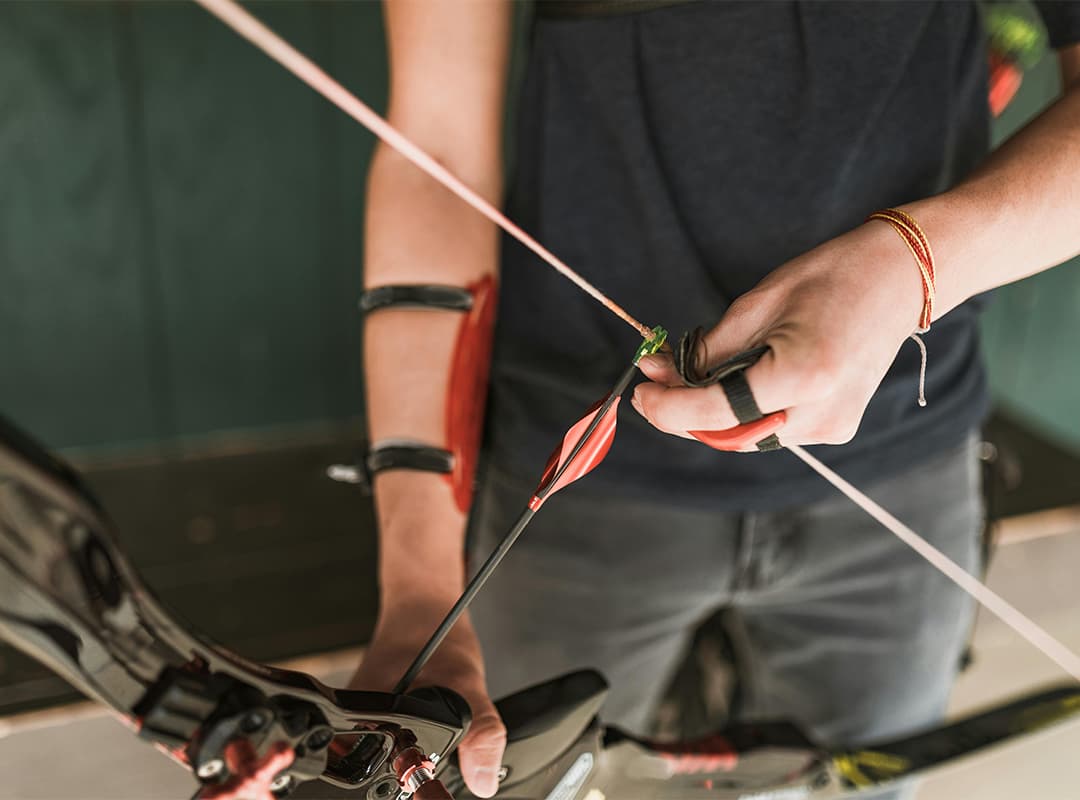In 1896, the French nobleman Baron Pierre de Coubertin organized the first modern nine-sport Olympic Games in Athens, Greece. As a former French pistol champion, de Coubertin supported the inclusion of four pistol and two high-powered shooting events in the Olympic program.
Since then, shooting competitions have been part of all but the 1904 St. Louis Games and the 1928 Amsterdam Games. Individual and team competitions were held until 1948, when UIT canceled the team competition.
The number of shooting events at the Olympic Games ranges from two at the 1932 Los Angeles Games to 21 events in Antwerp in 1920. The 1996 Games will feature 15 events in rifle, pistol, running target and shotgun. Atlanta.
Participation has been steadily increasing over the years. While only four countries competed in shooting in 1896, 83 countries took to the firing line in Barcelona in 1992. In fact, shooting has traditionally attracted the third largest number of countries participating in any sport at the Olympics.
Among the top U.S. shooters in early Olympic competition were pistol shooter Alfred Lane and rifle star Morris Fisher. In 1912 and 1920, each man won five gold medals in individual and team events.
The dominance of the former Soviet Union and other Eastern European nations began in 1952 when they developed rigorous, scientifically based training systems. However, their dynasty was interrupted in the mid-1960s by the most powerful U.S. shooting team in history: Gary Anderson, Lenny Basham, Jack Foster, Margaret Thompson Murdock, Lance Wigger Jr. and Jack Reiter. Their coach was Colonel Bill Pullum, who later played an important role in shaping the modern concept of the national/developmental team.
With 44 Olympic gold medals, the U.S. shooters are the third most gold medal-winning team in the history of U.S. Olympic sports. Only 13 shooters in history have won two gold medals in individual Olympic events, and four of them are Americans: Gary Anderson (1964, 1968), Morris Fisher (1920, 1924), Alfred Lane (1912) and Lonesome Wigger Jr. (1964, 1972).
